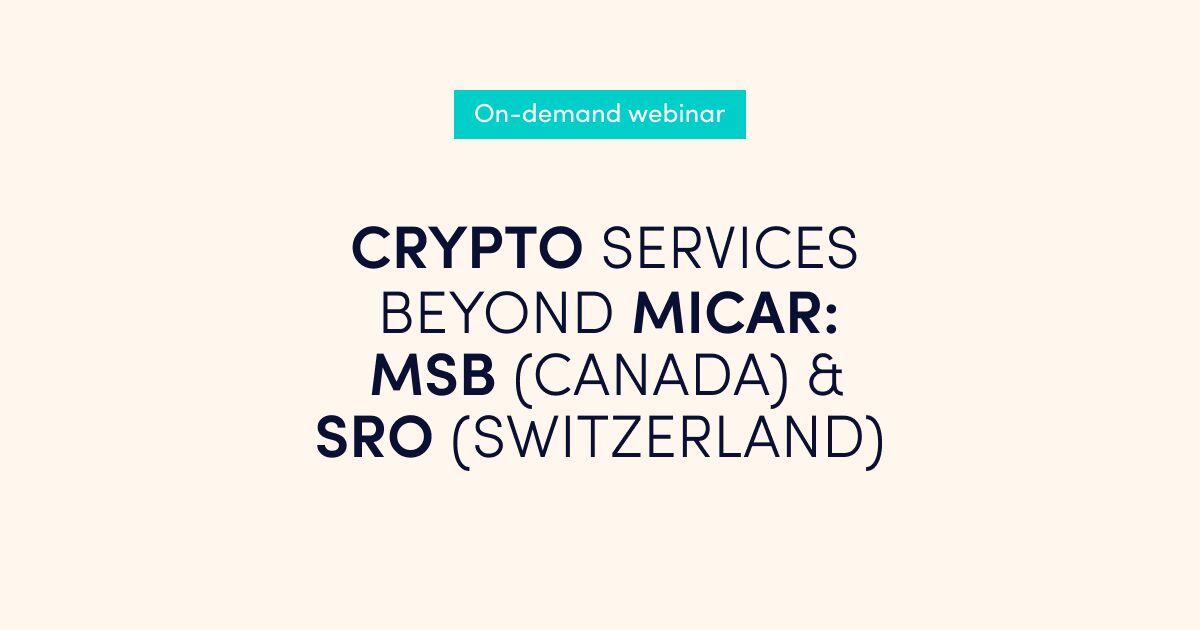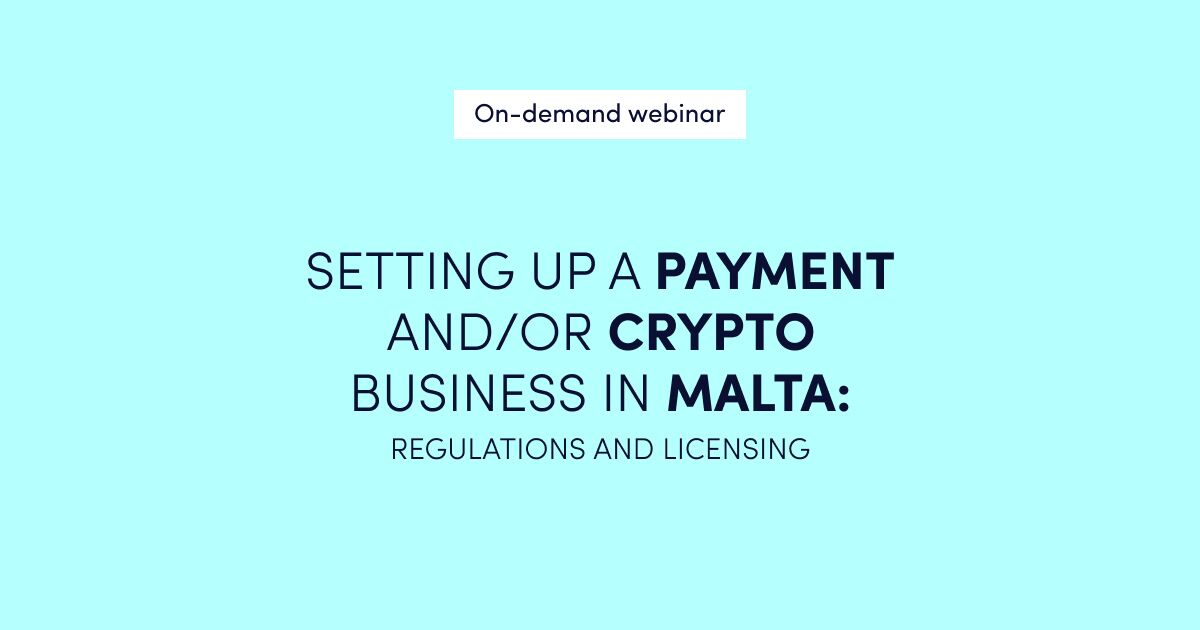Do you have a plan to launch a digital bank or payment business anytime soon? Getting ready to apply for a Payment or Electronic Money Institution license? You may not know many things. Therefore, before you start your Payment or E-Money Institution, we recommend you reading this article to find out what kind of costs you will face in the future.
But first, what you need to understand is how the outset works today. Obtaining a Payment or Electronic Money Institution license is neither simple nor cheap. The costs like fees to legal and business advisors are just a small part of the total equation, whereas expectations to receive a license in 5 months in reality extend to 12 months or more than a year and a half in some cases.
So, in the fintech industry, as in life, take things step by step. Here are the three principles that we hold to be true.
- Processing Payment or E-Money Institution licenses involves high costs. From the initial capital and software costs to organizational and team expenses and consultancy fees for document preparation – all that you need to budget to get started.
- A proof of solvency and additional funds available to address future cash flow gaps during the first or second year of operations, depending on the regulator.
- Once you obtain your license, you will need to carry out the earlier proposed plan for the regulator. Therefore, you will need to bear the corresponding costs.
Usually, obtaining a license and launching a Payment or E-Money Institution can take anywhere from one to two years and it may cost, on average, from a half million to one million Euros.
The fintech market has changed much over the past couple of years. You can obtain a license only for a company that fully complies with requirements. It is vital to understand that the company regulations are getting more and more challenging, as regulators make the requirements more complicated and add the time and costs associated with the licensing process.
How have regulations become more complex in recent years? To begin with, team requirements have become more rigid, initial capital requirements have increased and, finally, you need to prove that you have company funds for the next three to five years of operations.
For example, when it comes to local teams, regulators have tightened requirements about key positions and processes within the company. Because of this, companies need to recruit between five to ten experienced professionals. As a result, it further adds to salary costs.
The final costs to obtain a Payment or E-Money Institution license usually include such things as:
- Document preparation, including the creation of a business program, financial model, business plan and more than ten policies governing every aspect of the company;
- Team costs in line with the requirements of your business and the regulator;
- Software expenses – usually, a prepayment (done or ready to be made) or a setup fee;
- Other costs:
- Safeguarding account costs;
- Costs related to opening a company, office & accounting services;
- License application/authorization fee;
- Certification of documents (also, it may include translated documents when the regulator requires them in the local language);
- Company owner and/or team traveling costs to the country of licensing (if necessary)
- Capital
- Initial share capital;
- Funds available to finance the company’s first years of operation.
To better understand the type and amount of Payment or E-Money Institution licensing costs, read further on.
Team Costs for Payment and E-Money Institution license
At the document preparation stage, you need to specify the main personnel who will run the company. Each regulator has its own staff requirements, including a local staff. The possibility to recruit the primary staff in another country no longer exists.
Usually, the local employees are jurisdiction-dependent. You will need to recruit from two to three up to eight to ten people, and the positions will cover such competencies as:
- Company Director or Chief Executive Officer (CEO)
- Chief Operations Officer (COO)
- Chief Technology Officer (CTO)
- Chief Compliance Officer (CCO)
- Chief Financial Officer (CFO)
- Chief Risk Officer (CRO)
It is important to remember that you will need to present real people and their CVs to prove that their experience and competencies meet the regulator’s requirements.
So, how is this actually related to the Payment or E-Money Institution licensing costs? Well, for the company to start operating as soon as the license is obtained, the recruitment of those specialists will happen simultaneously alongside the licensing process. Regulators are very sensitive to any changes during the licensing stage, and they will not allow you to start a company with odifferent people. With this in mind, it may take several months to replace a specialist, and you will need to get an approval from the regulator to recruit this particular professional.
To get the bigger picture, you need to calculate the cost of staffing before and after obtaining your license. Staffing costs vary by jurisdiction and are in line with the hiring and salary requirements in the regulator’s country. If the company plans to hire additional employees after the license acquisition, then you need to consider these costs as well.
For example, Ireland’s regulator has introduced new staff requirements where the company must hire eight to ten employees. We can roughly calculate the costs. A CEO in Ireland, including all taxes, can cost between €100k-€150k per year, with a lower-ranked employee earning €70k-100k annually. Irrespective of how your contractual agreements are managed for each specialist, you will need to allocate between €200k-€300k for salary payments during the licensing and the agreement conclusion stage. This is solely to share the team and specialists with the regulator. As soon as you receive a license in Ireland, you will immediately need to recruit the personnel that have been presented to the regulator. After the license has been obtained, you should allocate at least €600k – just for the staff required by the regulator.
In the meantime, in such jurisdictions like Spain, hiring staff will cost you so much less. When submitting documents, the company needs to provide a Spanish managing director as a minimum. Other local specialists can be introduced in one of the stages to follow. Also, you can recruit people from other countries. Finally, salaries are much lower in Spain than in Ireland, meaning that you will only need to allocate €50k before obtaining a license.
Given the approximate staffing expenses, you will need to invest around €50k-€300k, depending on the jurisdiction and negotiation results with potential employees. For example, while you wait for a license, you can agree to pay a certain part of the salary.
Documentation costs for obtaining a Payment or E-Money Institution license
To prepare documents, you will need to engage with at least two external teams:
- Legal advisors who will communicate directly with the regulator on related all issues. They will review the documents either prepared by your business consultants or provided by you and make the necessary changes to meet regulatory requirements. Ultimately, they will help you to submit the application. Keep in mind that only a licensed lawyer with experience and expertise in the particular jurisdiction will be able to handle this task.
- Business consultants are experts in the fintech industry, which includes developing a business plan, creating various policy sets and preparing an overview about the software part. Could you write all these documents yourself and prepare the necessary answers for the regulator? Perhaps, it is possible with a large team of specialists, but you need to understand that these documents are usually several hundred pages long.
For example, a standard business plan will not be sufficient for the regulator, as one required for the licensing is different from an internal document. Instead, you will need to submit a business plan and policies that reflect the company’s activities in the context of regulatory requirements. This business plan must demonstrate how you will provide those services in line with specific requirements. Additionally, you need to explain how quickly you will make a profit – it must be realistic not a dream.
Document preparation costs can range from €75k to €150k, depending on the jurisdiction.
Software costs
Software is a vital component for the regulator when it comes to making a decision.
The regulator will require you to submit policies and other related documentation that explain how your software will be developed and used for the company’s operations, so that it is compliant with the regulatory requirements.
There are two options. Either you will need to prepare a description about your own software or request a detailed software description from the potential partner/vendor. Both options must support your business model and be in line with regulatory requirements. Other than that, you will need to prepare various policies.
In addition to providing documentation and descriptions of the IT system and software, you will need to submit an agreement signed with the vendor (in case you decide to buy software). There are some regulators that may ask that you demonstrate an operating IT system, but in any case, you’ll have to invest either in your own development or pay your first instalment to the software vendor.
The software costs are huge and depend on the provider, but a setup fee under a SaaS agreement can vary from €50k up to several hundred thousand Euros.
Safeguarding Account
At the license application stage, you will need to explain to the regulator how your client funds will be safeguarded in banks. Such steps as the processing of the application by the bank and the preparation of a letter for the regulator can cost between €3k and €10k.
Initial Capital & Funds to Ensure the Company’s Stability
For Payment institutions and e-money companies in the European Economic Area and the UK, the regulators have identified minimum initial capital requirements. This is set at €125k for payment companies and €350k for E-Money institutions. Depending on the regulator and the business plan, the regulator may ask you to increase this amount by up to two or three times, or even more.
Usually, you will need to pay this money before obtaining a license. Also, depending on the jurisdiction, the regulator may ask you to provide additional funds to cover any future expenses, as a proof of solvency.
These funds will be used to prevent cash flow gaps and ensure consistent operations of the company for at least one year. For example, in Poland, you should allocate around €300k – €1m until the business becomes profitable (of course, taking into account your business plan).
Other Expenses
When you think of other expenses, these are registration and business operation costs and additional expenses to the licensing documentation preparation:
- Company registration and office opening.
- Office lease expenses. Usually, a physical office is a regulatory requirement. Keep in mind that coworking spaces will not be an option.
- Accounting expenses.
- Expenses associated with translation services when the regulator requests documents in the local language. For example, in Spain, the regulator requires some documents in the local language. So, it should be translated into Spanish.
- Travel expenses associated with any trips that the company owners need to make to travel to the country in which they plan to obtain the license.
- Depending on the country, the regulator may charge a fee for your license application or the authorisation of a Payment or e-Money Institution. For example, a Lithuanian regulator charges a registration fee of €682-€1,463 depending on the type of company. The UK regulator will charge £500-£5k for the same thing, whereas the Maltese regulator will charge €3,500. After authorisation of services, companies must pay an annual fee, which is usually defined by the regulator.
For the application and licensing process, you should allocate between €20k-€40k.
Summing up all Payment or E-Money Institution License Costs
So, let’s add everything up:
- €250k-€600k without the initial capital and funds to ensure the company’s smooth operations
- €300k-€1m to finance the company’s first years of operation and prove solvency to the regulator.
- From €125k for payment companies and €350k for e-money issuers for the minimum initial capital.
What conclusions can we draw?
Having your own license may sound difficult and costly, so you need to be ready for high expenses and hard work for the next 12 months. Every year, these requirements change and become more and more complex, making it difficult for new companies and start-ups to obtain a license. But nothing ends with the licensing stage, things get trickier after you receive the license because there are other requirements from the regulator you need to comply with.
Conclusion 1: If you have money (approximately €1m-€2m) and experience in the payment industry, then obtaining a license might be the right choice for you.
Conclusion 2: If you are a small company with a tiny budget, then perhaps you should investigate BaaS services. We do not want you to face any financial problems or any difficulties to comply with the regulatory requirements at the very beginning when you apply for a license. There are chances that the regulator might refuse to issue a license to your company.
So, what can we say? Good luck getting your Payment or E-Money Institution license! If you have any questions about the licensing process or costs, please do get in touch! We are here to help!
About Advapay
Advapay provides Core Banking platform Macrobank and Banking-as-a-Service solutions for Electronic Money and Payment Institutions, such as digital banks, e-wallets, remittance companies, crypto startups and other fintech companies. Currently, the company serves more than 30 financial services companies across the UK and European Economic Area.
Besides the technical infrastructure, the company provides licensing and fintech consulting services, including assistance in building payment infrastructure.








